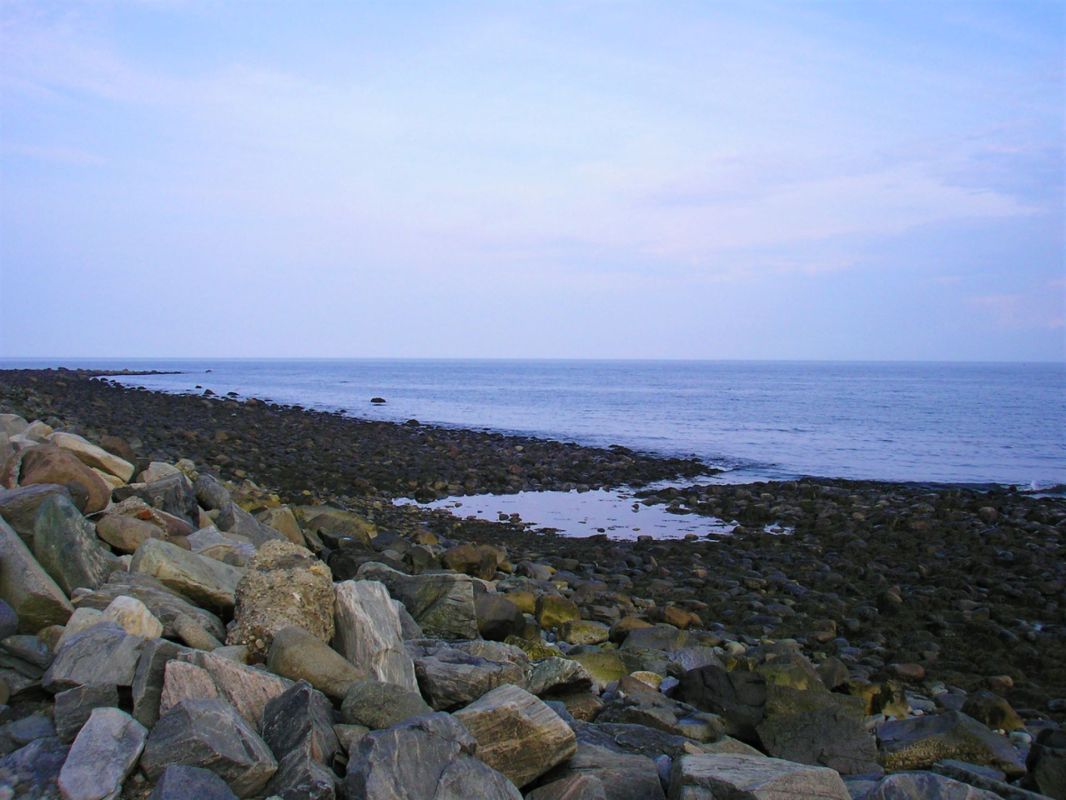A striped dolphin was recently discovered dead on a New Hampshire beach, and the New England–based marine mammal rescue group that handled the situation said it was the first of its species they had encountered since beginning operations in 2014.
What happened?
The young female striped dolphin was discovered washed ashore on Hampton Beach on July 14, USA Today reported. The Seacoast Science Center was alerted to its presence, and the organization collected swabs to test for diseases and transported the dolphin to the New Hampshire Veterinary Diagnostic Laboratory for a necropsy to determine how it died.
In a Facebook post, the group later said that the necropsy found that the dolphin had "evidence of granulomatous pneumonia in its lungs, was suffering from a heavy parasite burden in its stomach as well as decreased nutritional body condition, had evidence of septicemia in the liver, and inflammation of the abdominal cavity."
Why is this concerning?
"Striped dolphins will occasionally venture to our (New Hampshire) coasts during the summer months when the waters are warmer," Seacoast Science Center explained, according to USA Today. "However, seeing a striped dolphin stranded is uncommon for this species."
The fact that the experts seem to be stumped about what brought this dolphin to this beach does not bode well.
According to the National Environmental Education Foundation, "more than 80% of Earth's marine life is migrating to different places and changing their breeding and feeding patterns" because of the consistently rising temperatures of ocean waters. According to NASA, the ocean has absorbed more than 90% of warming in recent decades from planet-overheating gases, which are caused mainly by burning dirty energy.
"The effects of ocean warming include sea level rise due to thermal expansion, coral bleaching, accelerated melting of Earth's major ice sheets, intensified hurricanes, and changes in ocean health and biochemistry," NASA writes.
What is being done about it?
As the Seacoast Science Center, which dealt with the dolphin, says on its website, "We have a shared responsibility to protect the health of our ocean. By reducing our reliance on fossil fuels and single-use plastics and reducing our consumption, we can help protect the ocean, our planet's heart."
Join our free newsletter for cool news and cool tips that make it easy to help yourself while helping the planet.


